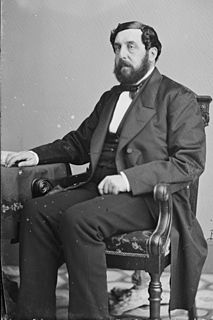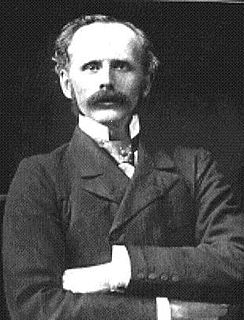A Quote by Mark Twain
A man's character may be learned from the adjectives which he habitually uses in conversation.
Quote Topics
Related Quotes
The discreet man finds out the talents of those he converses with, and knows how to apply them to proper uses. Accordingly, if we look into particular communities and divisions of men, we may observe that it is the discreet man, not the witty, nor the learned, nor the brave, who guides the conversation, and gives measures to the society.
The human race has reached a turning point. Man has opened the secrets of nature and mastered new powers. If he uses them wisely, he can reach new heights of civilization. If he uses them foolishly, they may destroy him. Man must create the moral and legal framework for the world which will insure that his new powers are used for good and not for evil.
To point out the importance of circumspection in your conduct, it may be proper to observe that a good moral character is the first essential in a man, and that the habits contracted at your age are generally indelible, and your conduct here may stamp your character through life. It is therefore highly important that you should endeavor not only to be learned but virtuous.



































